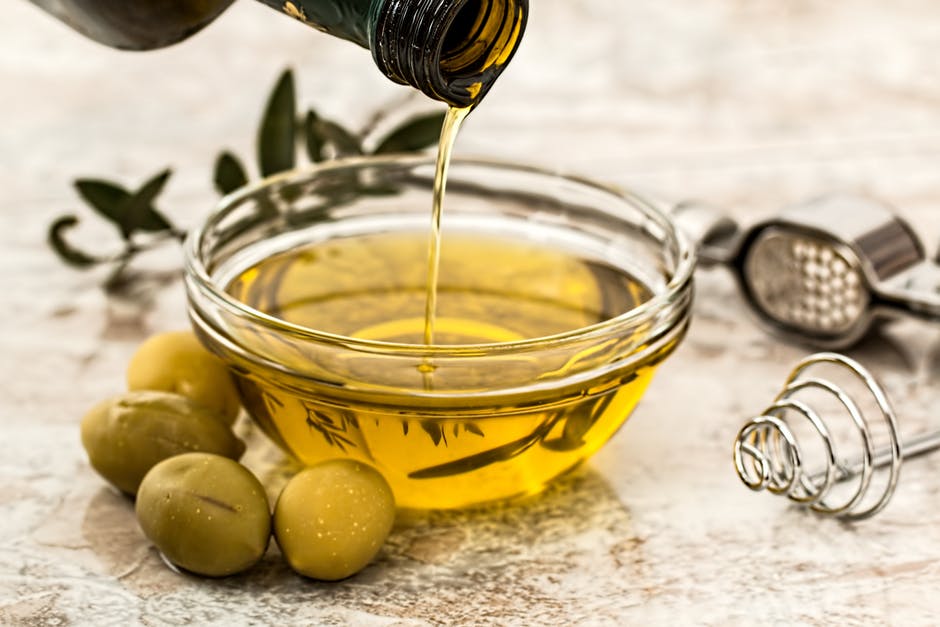In ancient times, olive oil was regarded as essential to life. Olive oil was used in religious ceremony, athletic competition, and was considered a symbol of peace, victory and wisdom. The ancient Greeks used olive oil for everything, and from the moment of birth (when an olive tree would be planted in the baby’s honor) to the end of life (when you could look forward to being buried with a jar of olive oil), olive oil was a daily experience.
These days, olive oil may not hold such a special place in our hearts, but perhaps it should. Yes it is true that olive oil is more expensive than other oils, such as vegetable, canola, or sunflower, but did you know how much better it is for your health? And how much better tasting?
Just think for a moment, wouldn’t you much rather dip a piece of bread into a dish filled with olive oil and maybe some herbs and spices, or have a salad dressed with olive oil and balsamic vinegar, rather than eat your food with any of those other flavorless oils?
Olive oil has been used and respected for thousands of years and the reasons why are clear.
Olive oil contains large amounts of antioxidants, such as polyphenols, vitamin’s E and K, chlorophyll carotenoids and iron. When eaten regularly, these antioxidant’s and vitamins can protect against Alzheimer’s (1), obesity (2), arthritis (3), cancer, heart disease, lower blood pressure, lower cholesterol, and has been demonstrated to exhibit antimicrobial properties that may protect against respiratory and intestinal infections (4). In addition to the many wonderful things consuming olive oil can do for you internally; topically, olive oil has even been used to treat cuts and burns, sores and even sunburns.
If you are concerned about the health effects of most sunscreens on the market, then you may be pleased to find out that olive oil has been found to prevent cancer and tumor production in mice, when applied after sun exposure. It seems the Ancient Greeks really knew the value of olive oil, as the standard was for the Greeks to coat athletes in olive oil, before they would spend most of the day competing under the sun.
The problem of fake oil
You may have also heard about the problem of fake olive oil. Unfortunately, many companies have been labeling their products as Olive Oil or Extra Virgin Olive Oil when that does not seem to be the entire truth. According to Tom Mueller (5), the journalist responsible for bringing this problem to the public eye, 70% of the olive oil sold around the world, has been cut with cheaper oils.
So what can you do to find the best olive oil available in your local grocery store?
According to Olive oil experts (6) one thing you can do is to look for the harvest date on the back of the bottle. Usually the expiration date will be two years after the oil was bottled, so the further away the harvest date is, the fresher the oil is. Another thing to look at on either the front or the back label is the origin of the olives, if there are several countries listed; this is how you can tell that the oil is a blend and therefore a fake. Another thing you can do is avoid olive oil sold in clear bottles; real olive oil will oxidize when exposed to sunlight, so look for darkly tinted bottles.


